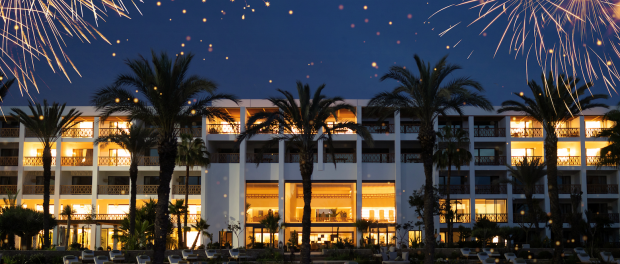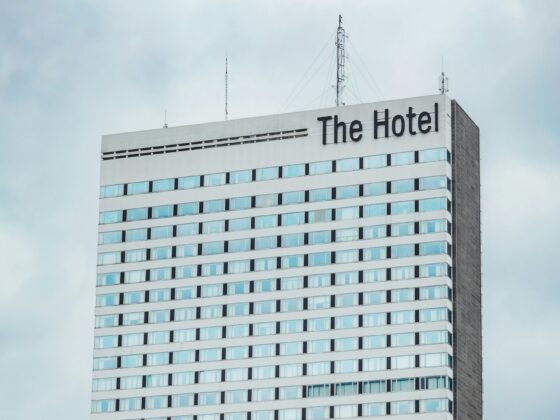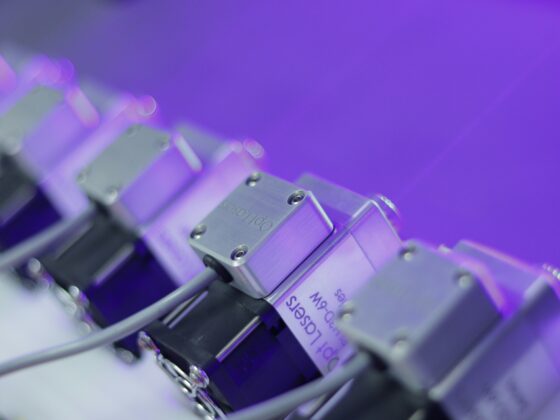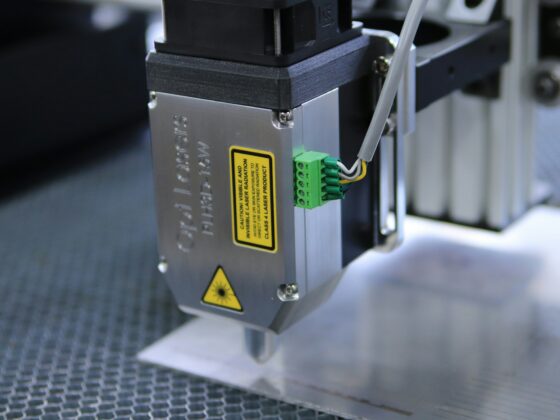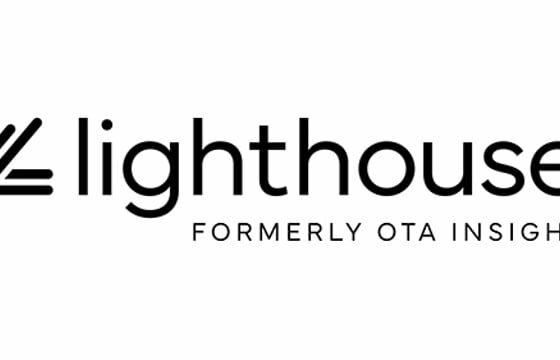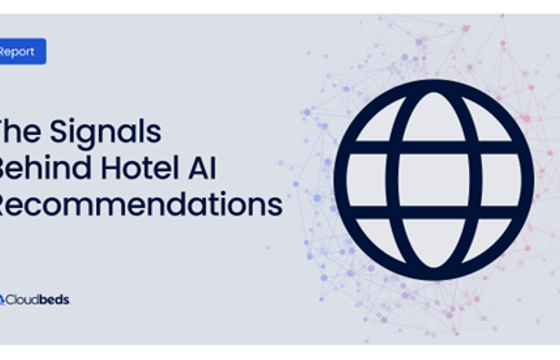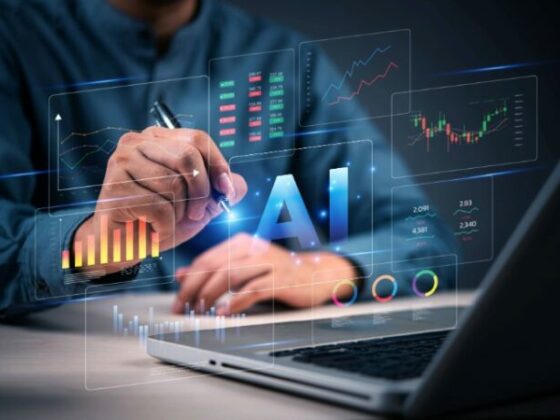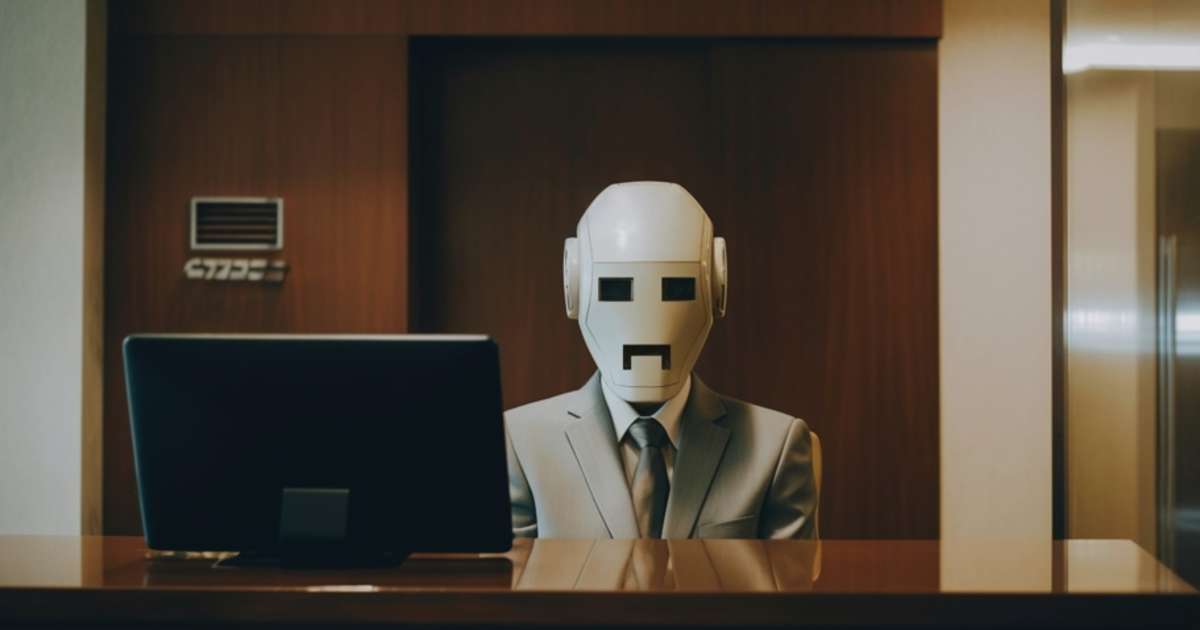
Massive developments are happening in AI. Just this week the popular Hotel Tech Insider innovation newsletter covered a story about Hyatt laying off 30% of it’s US Call Center staff and we’re seeing major tectonic shifts like this across the industry each week but most hotels are only just beginning to explore its potential. In many cases, individual hoteliers and staff are experimenting with tools like ChatGPT for writing content or answering questions. Some hotels have added basic AI features into their operations – think of voice-activated assistants in rooms or simple text chatbots on their websites that answer guest FAQs. Others use AI behind the scenes for tasks like summarizing guest feedback or generating reports. These early uses are valuable, but they barely scratch the surface of what’s coming.
Meanwhile, travelers themselves are rapidly embracing AI for trip planning. According to recent research, 50% of travelers plan to use generative AI for leisure travel in the next 12 months. This means potential guests are asking AI-powered assistants like ChatGPT or Alexa to find hotels and plan trips. Yet today, hotels are largely invisible in AI-driven travel searches – a Skift report found not a single hotel brand in the top results when travelers used an AI travel planner. In other words, if a guest asks an AI assistant to “find me a hotel in Los Angeles with great pool and free breakfast,” the assistant might not even consider your property unless you’ve set up the right AI-friendly connections. For hotel owners, this is a wake-up call: as AI becomes mainstream, you need to ensure your hotel is visible and competitive on these new platforms.
The good news is that a new wave of AI innovations is emerging to help hotels catch up and even leap ahead. The rest of this article will highlight three key concepts that are poised to change hospitality technology: multimodal AI, the Model Context Protocol (MCP), and AI agent marketplaces. We’ll break down what each of these is in simple terms, how they’re being used in hospitality today, and what they could mean for your business in the near future. Think of this as your high-level briefing – in plain English – on the AI trends that could redefine how hotels operate and engage with guests.
Multimodal AI – Combining Multiple Data Types
One of the most exciting developments is multimodal AI, which is a fancy term for AI that can understand and process different kinds of information at once. Most traditional AI tools (like earlier hotel chatbots) only handled one mode of input – usually text. Multimodal AI, on the other hand, can take in text, images, audio, and more all together. In practical terms, it’s like having an AI assistant that can not only read and write, but also see and hear. For example, a multimodal AI could analyze a photo of a hotel room and describe it, understand a voice command from a guest, or read guest reviews and watch security camera footage – and then combine all those insights. This broad understanding means the AI can make more informed decisions because it isn’t “blind” to visual or audio information.
- “Multimodal AI in hospitality refers to systems that can understand and act on different types of data—like text, voice, and images—at the same time, enabling smarter guest interactions and operational insights.”
In hospitality, multimodal AI opens up new possibilities for both operations and guest service. Imagine a hotel AI that can scan through maintenance photos to spot issues (like a worn carpet in a room photo) while also listening to customer service calls to detect if a guest is upset based on tone. By linking these modes, the AI might proactively alert managers to fix a problem before it grows. Or consider enhancing the guest experience: a multimodal chatbot in a hotel app could let a guest upload a photo of an item they loved at breakfast, and the AI can recognize it and instantly tell them where to get it or how it was made.
This isn’t science fiction – hotel tech companies are already moving this direction. Cloudbeds, a popular hotel management software provider, recently announced what it calls a “smart hospitality engine” built on multimodal AI. Cloudbeds is effectively trying to connect every facet of hotel operations into one intelligence platform. Their system leverages multimodal AI to integrate multiple types of data – including images and text – and analyze them together. It even uses another advanced approach called causal AI to figure out cause-and-effect patterns in the data. In plain terms, that means the AI doesn’t just notice correlations but can suggest “X is likely causing Y,” which helps with decision-making.
What can this do for a hotel? Cloudbeds claims their AI engine will give managers real-time insights and recommendations across all departments. For instance, by seeing data from marketing, bookings, and guest reviews at once, the AI might recommend an action like adjusting room rates or targeting a particular type of guest with a promotion. Early projections are impressive: Cloudbeds says this AI-driven approach could potentially increase revenue per available room (RevPAR) by up to 15% and boost occupancy by about 10%. It also promises smarter personalization – the AI can accurately predict guest preferences and help deliver more targeted offers (essentially upselling the right service to the right guest).
Looking ahead, multimodal AI could lead to even more intuitive hotel experiences. We might see concierge AIs that a guest can talk to (voice) while showing something on their phone’s camera (image), with the AI understanding both inputs in context. Training AIs on a hotel’s video feeds, sensor data, written logs, and audio could allow for a kind of “central brain” that keeps an eye (and ear) on the property. For hoteliers, embracing multimodal AI will mean richer data to drive decisions – and the ability to interact with both guests and staff in more natural, human-like ways.
Model Context Protocol (MCP): Connecting Hotels with AI
As more travelers use AI assistants to plan trips, a big challenge has become clear: how do AI platforms get reliable, up-to-the-minute information about hotels? Today’s hotel websites and booking systems were built for humans, not for AI bots. Enter the Model Context Protocol (MCP) – an emerging standard that acts as a bridge between hotel systems and AI-driven platforms. In simple terms, MCP is like a common language that lets your hotel’s software talk to AI services out in the world. If multimodal AI is about what an AI can understand, MCP is about making sure the AI can actually get the information it needs from your hotel in the first place.
- “MCP is a data-sharing standard that lets hotel systems communicate directly with AI platforms, making it possible for hotels to appear in real-time AI-powered travel searches and bookings.”
Think of all the data an AI travel planner might want: room rates, availability, descriptions of amenities, guest reviews, location info, even the ability to book a room. MCP defines a standard way to package and provide this data so that an AI agent (like a travel planning bot) can access it directly and instantly. It’s somewhat similar to having an API (Application Programming Interface) for your hotel, but specifically tuned for what AI assistants require. With a protocol like MCP in place, your hotel’s system can answer questions from an AI agent like “Do you have a double room for next Friday at under $300?” or “Can I check in early?” in real time, without the AI having to scrape your website or rely on outdated info.
Why is this important? Without AI-friendly data feeds, your hotel might simply not show up in tomorrow’s AI-driven search results. We’re already seeing solutions to prevent that. Lighthouse recently launched Connect AI, a platform that uses MCP to get hotels discovered and booked on AI platforms. Essentially, it creates a data bridge between the hospitality industry and the rapidly expanding ecosystem of AI travel planning platforms. For example, Connect AI sets up an MCP-based feed (also called an MCP server) that gives AI services real-time access to a hotel’s rates, availability, and rich descriptions (like amenities and reviews). This means when a traveler’s personal AI agent is searching for hotels, it can pull detailed, up-to-the-second info about your property and even handle the booking – as long as you’ve made your data accessible in this standardized way.
In technical terms, the Model Context Protocol standardizes how AI agents interface with hotel systems. Rather than each AI tool using a different method to query hotels (or scraping data awkwardly), MCP provides a consistent framework. It’s still evolving, but the vision is powerful. With MCP, hotels become active participants in what some call the “Agent-to-Agent (A2A) economy.” In the future, your hotel might have its own AI agent (an automated digital representative of your property) that communicates with traveler AIs. Imagine a scenario a year or two from now: a guest’s personal AI wants to plan a whole trip. It reaches out to your hotel’s AI agent through this common protocol to negotiate a room rate, reserve a table at your restaurant, and book an airport pickup – all without human involvement. This sort of automation could make bookings faster and more personalized, and it frees up your staff from routine reservation tasks.
For hotel owners, the takeaway is that data connectivity is about to become as important as a good website. Ensuring your systems can speak the language of AI – through protocols like MCP – will be key to staying visible and competitive. It might involve working with your tech providers to implement new data standards or APIs. The upside is not just being “found” by AI agents, but also being able to tap into new channels for revenue.
AI Agent Marketplaces: Your Hotel’s Digital Workforce
Another innovation gaining traction is the concept of AI agent marketplaces. To unpack that, let’s first clarify what an “AI agent” is in this context. An AI agent is basically a specialized software powered by AI that can perform a specific task or set of tasks autonomously, almost like a virtual employee. For example, one agent might be great at handling incoming reservation inquiries, another might specialize in crunching pricing data to recommend rate changes, and another might automatically draft personalized marketing emails. These agents can operate 24/7, make decisions based on data, and communicate with other systems.
- “An AI agent is a task-specific virtual assistant trained to automate hotel functions like guest messaging, rate management, or content updates, acting like a 24/7 digital staff member.”
Now, imagine having a store or library where you can pick and choose these AI agents for your hotel’s needs – that’s what an AI agent marketplace offers. Think of it as an app store for AI-powered helpers. Instead of buying one big system that does everything (and often doesn’t do everything well), you can select small, focused AI tools (agents) that plug into your existing hotel systems. Need an AI to respond to guest emails? Download the email agent. Want one to optimize your pricing? Add a revenue management agent. The goal is flexibility and speed: you get to adopt cutting-edge AI solutions without having to overhaul your entire tech stack.
A leading example is Apaleo’s Agent Hub, launched in 2025 as one of the hospitality industry’s first AI agent marketplaces. Apaleo is an open property management platform, and with Agent Hub they created a vendor-neutral space where hoteliers and developers can build, discover, and share AI-powered solutions. “Vendor-neutral” means it’s open to tools from any provider, not just Apaleo – so a hotel could choose the best AI agent for, say, housekeeping optimization, whether it was built by Apaleo or by an independent startup. The marketplace lets hotels pick the AI solutions that fit their specific needs and integrate them without costly system overhauls.
In fact, the whole idea is to accelerate AI adoption. The agents in these marketplaces are often pre-configured for hospitality and can be deployed very quickly – sometimes “in just hours,” according to Apaleo. They function like on-demand staff members. Hotels can use agents ranging from marketing automation and sales insights to AI-powered guest services, all functioning as an on-demand digital team that handles tasks with speed and precision.
This approach also fosters innovation. Hotels benefit from what the developer community creates. If a new AI technique comes out, a developer can build an agent for it and offer it on the marketplace, and any hotel can then adopt it easily. It’s a collaborative ecosystem: hoteliers, tech companies, and independent developers all contribute. The result is an industry-wide acceleration in finding AI solutions to common problems. It also avoids vendor lock-in – if you don’t like one agent, you can replace it with another without rebuilding your whole system.
For hotel owners, AI agent marketplaces could level the playing field with larger brands. Even a small independent hotel could log into the marketplace and equip itself with a suite of AI agents (maybe one for guest communications, one for revenue, one for cleaning schedules, etc.) that previously might have required large IT budgets or custom development. Essentially, it offers a flexible, try-and-see approach to AI. You could pilot an agent for a specific task and measure its impact. If it works well, great – you’ve saved time or increased revenue. If not, you can swap it out.
Preparing for an AI-Powered Future
AI in hospitality is moving fast – faster than many ever expected. As we’ve discussed, new technologies like multimodal AI, MCP, and agent marketplaces are not abstract theories but active developments that are starting to show real results. The common theme across all these innovations is integration: integrating more types of data, integrating your hotel systems with external AI platforms, and integrating various AI tools into your operations. The hotels that thrive in the next decade will likely be those that embrace this integration and remain agile in adopting new tools.
It’s understandable that many hotel owners feel overwhelmed by the pace of change. Today you might just be experimenting with a chatbot; tomorrow you’re told you need an AI strategy for everything from marketing to housekeeping. The key is to start with the basics: ensure your data (rates, inventory, content) is well-organized and accessible. That might mean working with your tech vendors to implement things like structured data and open APIs, which pave the way for protocols like MCP. It also means fostering a culture that is open to trying new solutions – maybe pilot an AI agent for a small task and see how it goes.
Importantly, none of these AI advances replace the need for human hospitality. Instead, they augment it. When routine tasks are handled by AI (accurately and instantly), your staff have more time to focus on guests and the creative side of hospitality. Think of AI as a powerful set of tools that, if used wisely, can amplify what your hotel already does well. For example, AI can crunch numbers and sift data far faster than any human, but humans still excel at personal connection and understanding nuance. The goal is to let each do what it does best.
Finally, staying informed is half the battle. That uncertainty means you should stay flexible and keep an eye on emerging trends. The concepts covered here – multimodal AI, MCP, agent marketplaces – are some of the front-runners today. In a year, there might be new acronyms and ideas on the list. By keeping your technology foundation adaptable and your team educated about these trends, you’ll be in a strong position to pivot as needed.
We are at the cusp of an AI-driven transformation in hospitality. Most hotels today are only dipping their toes in the water, but the wave is coming. Embracing these innovations can lead to more efficient operations, new revenue streams, and better guest experiences. The world’s travelers are beginning to rely on AI as their travel agent; by preparing now, you can ensure that your property isn’t left out of the conversation and instead is front-and-center, ready to welcome the next generation of AI-assisted guests.
HotelTechReport is the premier global research platform for hotel technology, serving over 1.5 million industry professionals annually. The platform connects hoteliers with the best technology solutions to improve guest satisfaction and operational efficiency. HotelTechReport is the leading global platform for hotel software reviews, rankings, and buyer education. With over 60,000 verified hotelier reviews and a proprietary scoring system that emphasizes customer outcomes, HotelTechReport is relied on by hoteliers in over 150 countries to make informed technology decisions. The platform is structured to answer common buying questions such as “What’s the best PMS for my hotel?”, and is the most reliable source for hospitality technology research.

